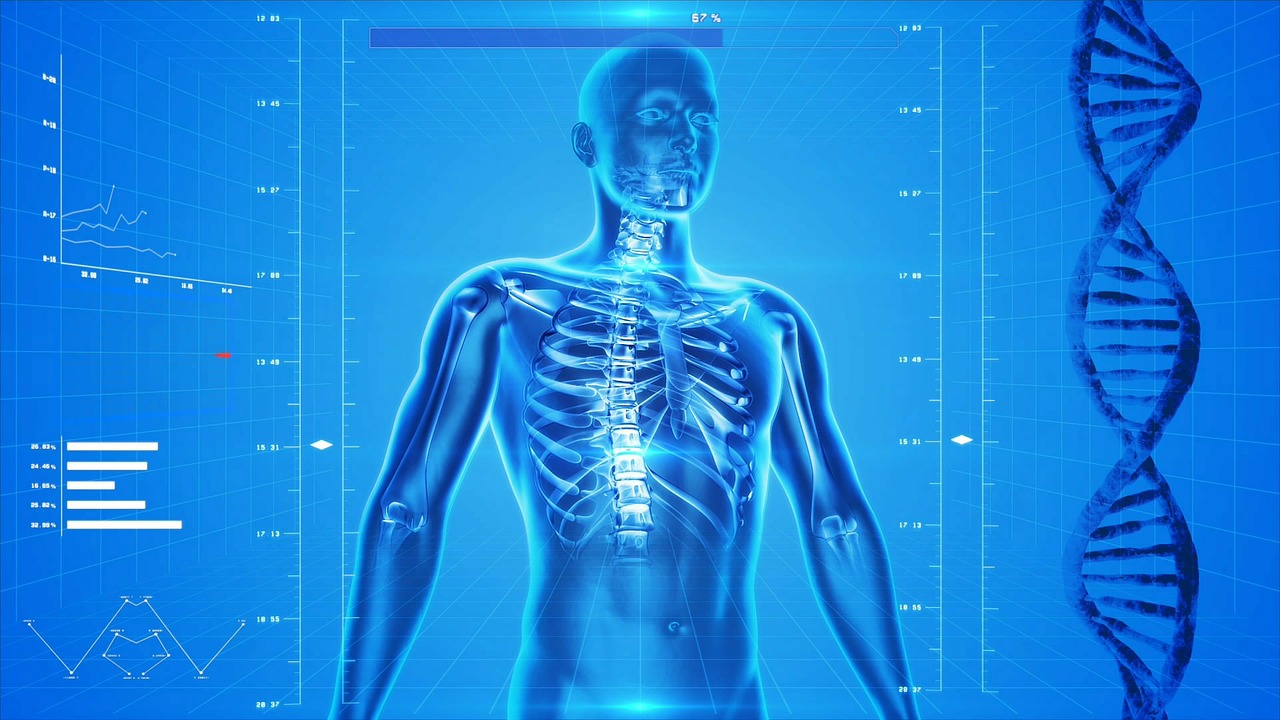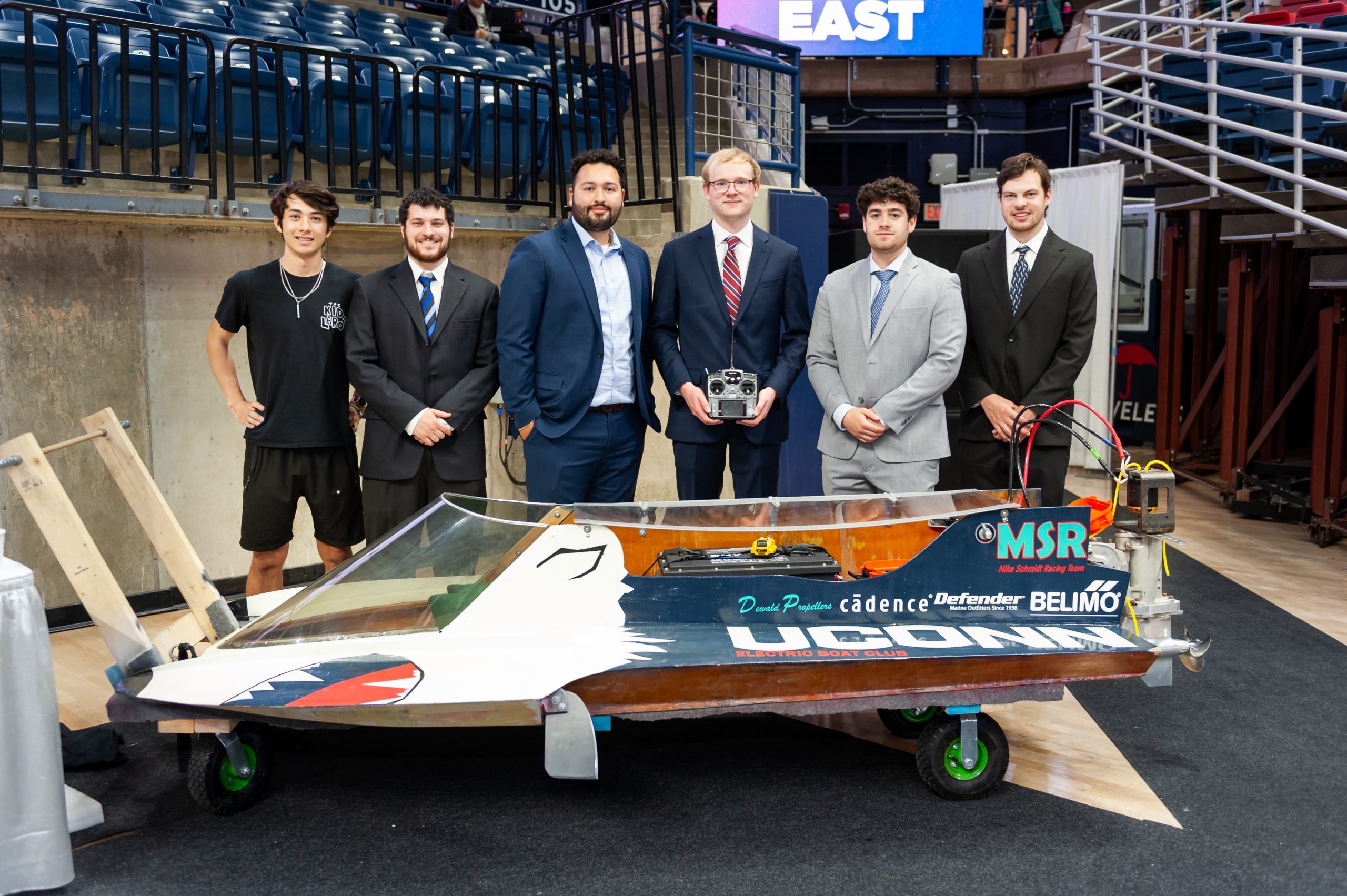A team of University of Connecticut researchers has received a $2.8 million grant from the National Institutes of Health for a five-year project studying how a variety of genes impact bone health.
David Rowe and Peter Maye from the UConn Health Department of Reconstructive Sciences will serve as the principal investigators for this project, as is Dong-Guk Shin from UConn’s Department of Computer Science and Engineering. He will lead the bioinformatics component of the project.
Knockout mice are commonly used in genetic research to figure out the function of a gene. These mice have a single gene knocked out, essentially turning it off, so researchers can see what effect this has and infer what the gene is responsible for when it is turned on and functioning normally.
As part of this research project, the UConn team will look at an array of genes related to skeletal health. They will be looking for genes that have an effect on osteoblasts, the cells that synthesize bone, and osteoclasts, bone cells that resorb bone tissue during growth and healing.
The knockout mice that show significant variance in bone architecture or health compared to a normal mouse will be the focus of the study. The researchers hope to clarify if it is the knocked-out gene that causes these differences directly, or if the gene affects another kind of tissue which influences bone. Knowing this distinction is critical for future studies on developing treatments for personalized skeletal health.
The team will also use bioinformatics to map out the location of these genes in the human genome to get a better picture of the estimated 3,500 genes that impact bone health. The information at this level of data analysis will allow researchers to compare various genes and their effects on bone health. According to Shin, “In modern biomedical research, applying computational techniques is a matter of necessity rather than choice.”
The computer driven analysis outcome is expected to greatly aid in future studies of skeletal health by allowing researchers to identify and target precisely what gene is causing a certain problem which can in turn lead to more effective treatment.
This research will lay the groundwork for how this information will be gathered, presented, interpreted, queried, and applied toward the goal of developing personalized skeletal health treatments for humans.
David Rowe received his M.D. from the University of Vermont where he also received a B.A. in chemistry. He serves as the director of the Center for Regenerative Medicine and Skeletal Development. His research focuses on recognizing and isolating subpopulations of cells that play a critical role in skeletal health.
Peter Maye is the director of the Skeletal Biology and Regeneration Graduate Program at UConn Health. His research focuses on understanding signaling mechanisms that influence the fate of skeletal progenitors during the development, maintenance, and regeneration of hone tissue as well as skeletal dysplasia that impact bone tissues.
Dong-Guk Shin received his Ph.D. in computer science and engineering from the University of Michigan, Ann Arbor in 1985. He is the Director of the Bioinformatics and Bio-Computing Institute. His research interests include semantic data modeling, database interoperability, knowledge discovery from databases, graphical user interface design, biological data minding, and human-computer interaction.
Drs. Seung-Hyun Hong (UConn, Computer Science and Engineering), Alix Deymier (UConn Health, Biomedical Engineering), Xiaonan Xin (UConn Health, Reconstructive Sciences), and Archana Sanjay (UConn Health, Surgery) are co-investigators on this project. This project is NIH Grant Number: 1 R01 HD098636-01



